192: Energy Efficiency: Center of Effort | Marketing Tip Monday
With heightened awareness of climate change, pollution, and environmental depletion, it’s no surprise that nearly 6 in 10 consumers are willing to change their purchasing habits to help reduce negative environmental impacts (IMB Institute for Business Value, 2020).
Welcome to Marketing Tip Monday with SIP Certified. We know customers are looking for wines labeled as sustainable. While our longer-form episodes help you learn about the latest science and research for the wine industry, these twice-monthly micro podcasts will help you share your dedication to sustainable winegrowing so you can show your customers that you share their values.
Energy efficiency is about using less fuel and energy to perform the same tasks and get the same results. When a business makes energy-efficient changes, they combat climate change by reducing greenhouse gas emissions and energy consumption.
There are several ways a sustainable wine business can make energy-efficient improvements. Read on to learn how at Center of Effort, many small changes around the winery compounded to have a massive impact on their overall energy use.
Energy Efficiency at Center of Effort
The whole is greater than the sum of its parts. Center of Effort sees this clearly when they look at the tremendous energy expense savings they have realized since making Energy Efficient improvements around their winery:
- Energy time-of-use adjustments on their cooling system, wastewater aerators, and other heavy energy usage equipment.
- Implementing night-air cooling of barrel rooms and case goods storage areas to minimize HVAC use.
- Investing in a small chiller enabling them to bring tank temperatures down on select tanks rather than the entire plant down.
- Installing a quickdraw door to address insulation loss.
These are just a few of the areas in which they took action to reduce their energy demand.
“A lot of the changes were pretty simple and had varying impact, but all together it compounded into very meaningful differences," says Kevin Bargetto, Associate Winemaker at Center of Effort. He continues, "With these changes, our entire winery facility, tasting room and offices are entirely solar-powered. In fact, we are running net negative, meaning we are even sending generated power back to the grid!”
Their solar project went live back in 2016, and Nathan Carlson, Winemaker and General Manager, says that it “showed 100% ROI over 4 years, no problem.”
Your brand contributes to a higher standard of wine business through its sustainable practices.
You can take pride in the way your brand protects the people and the planet. When you tell your customers what it takes to make a sustainable wine, they will share in that satisfaction.
We are here to help you tell your customers how your brand protects natural and human resources with the Sustainable Story worksheet.
This simple yet powerful free tool helps you tell your own personal sustainable message. And it just got better with a new online course. Go to the show notes, click the link titled Tell Your Sustainable Story to sign up, download the worksheet, watch the videos, and you are ready to tell your Sustainable Story!
Until next time, this is Sustainable Winegrowing with the Vineyard Team.
References:
- *** Tell Your Sustainable Story Online Course ***
- Marketing Tips eNewsletter
- Niner Wines Estates protects the people and the planet
- SIP Smart Training online course
- Sustainable Story Worksheet | Print
- Sustainable Story Worksheet | Electronic
- What's your Sustainable Story?
- SIP Certified
- Vineyard Team

